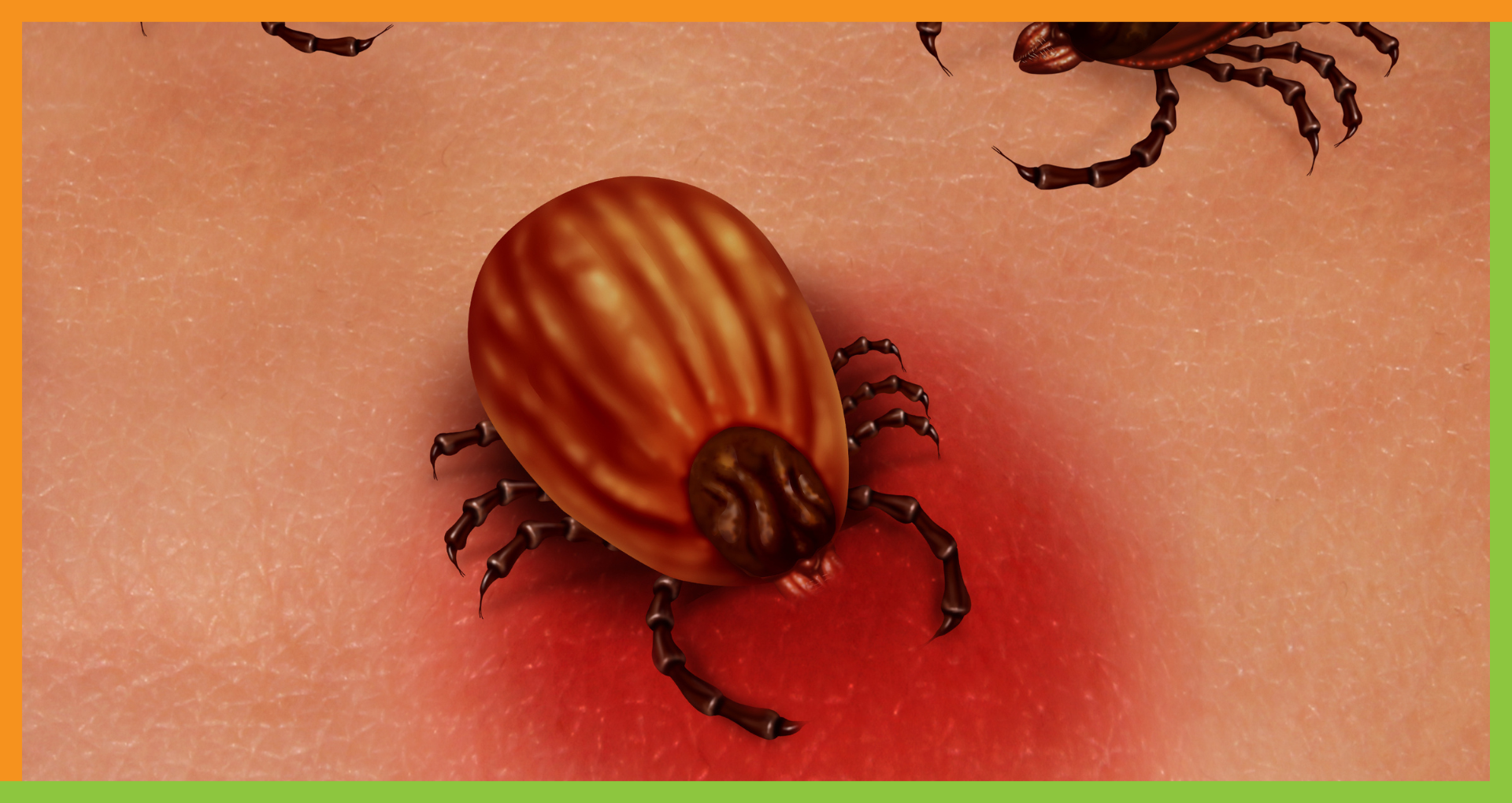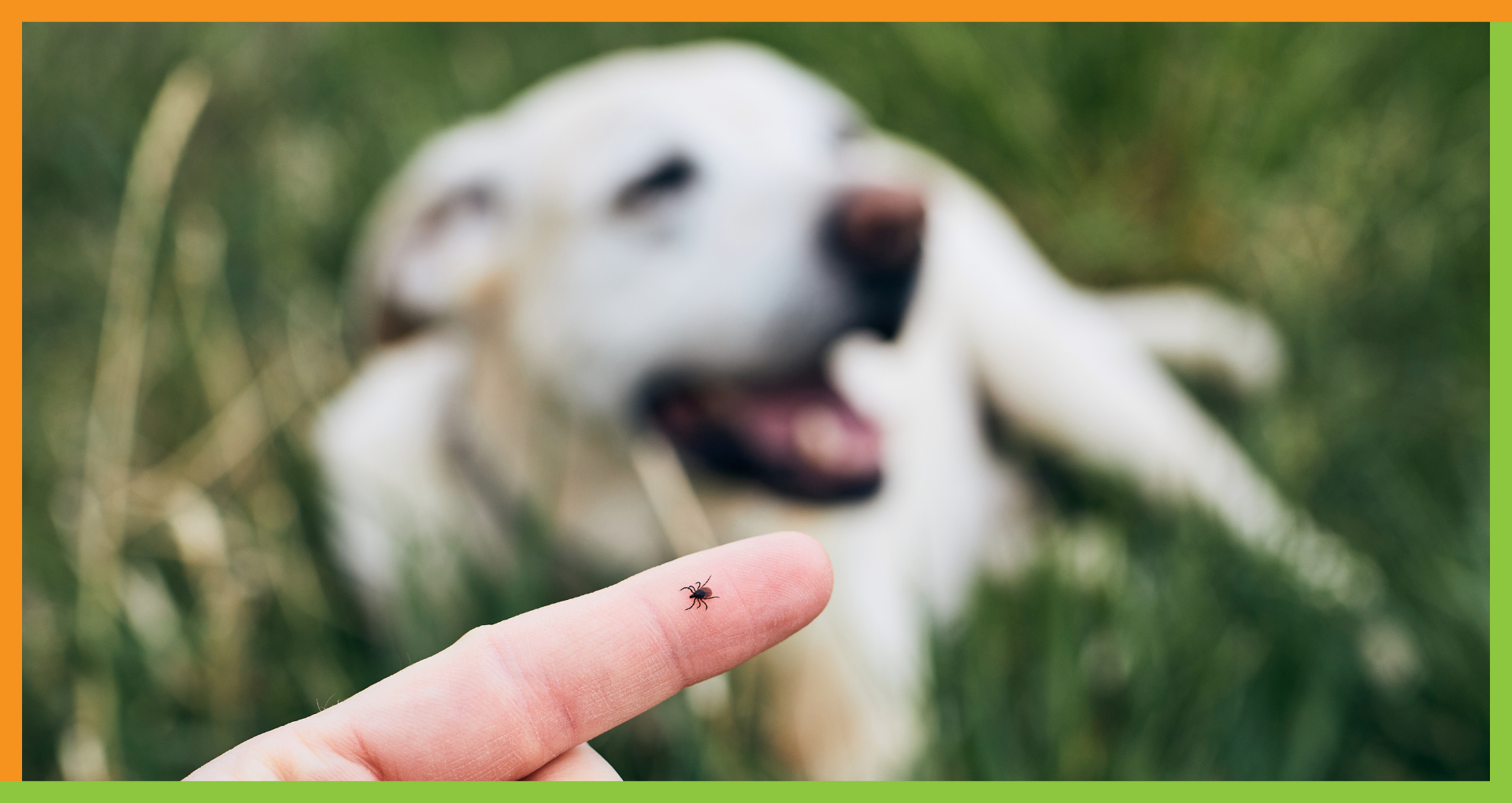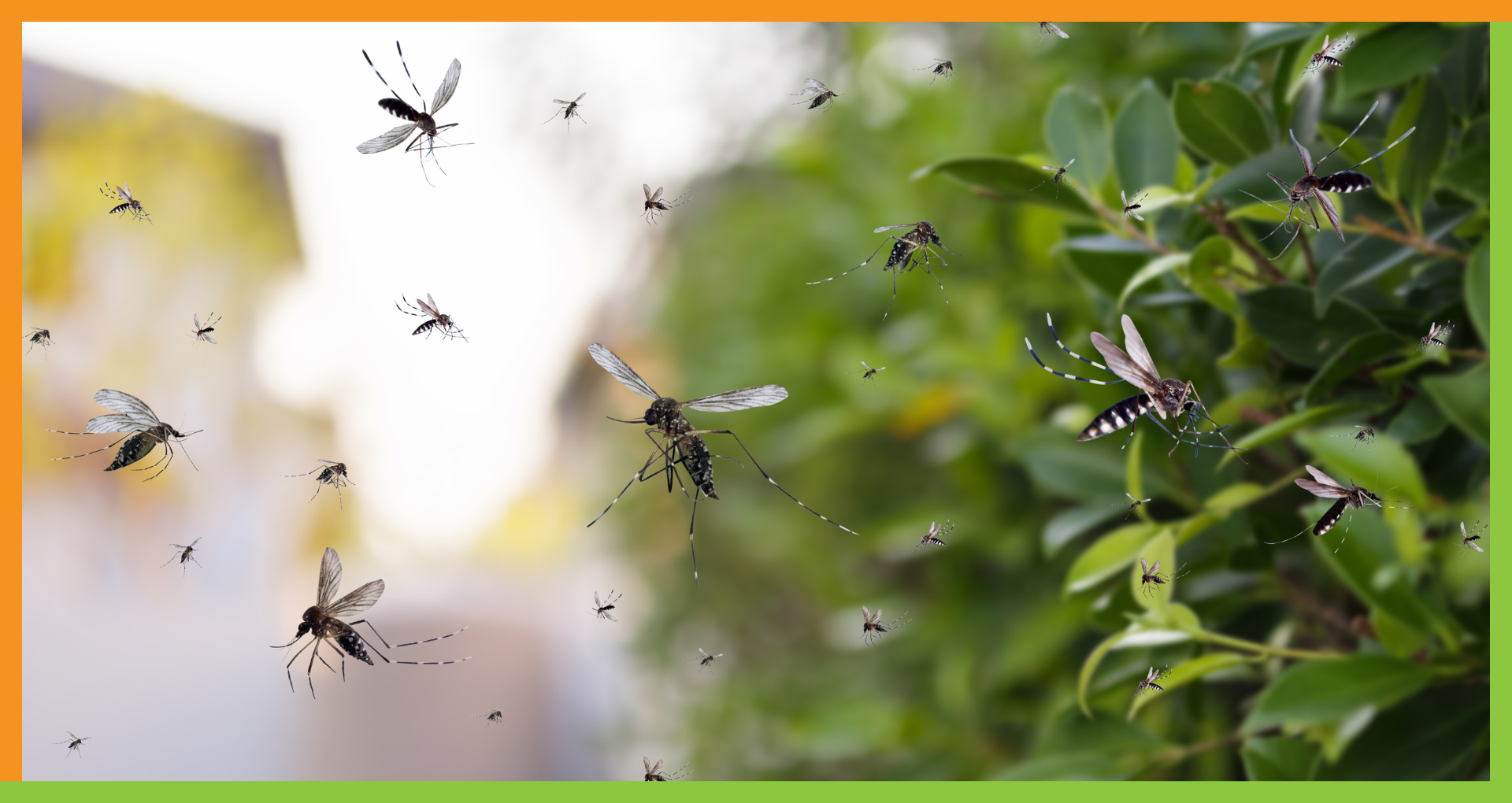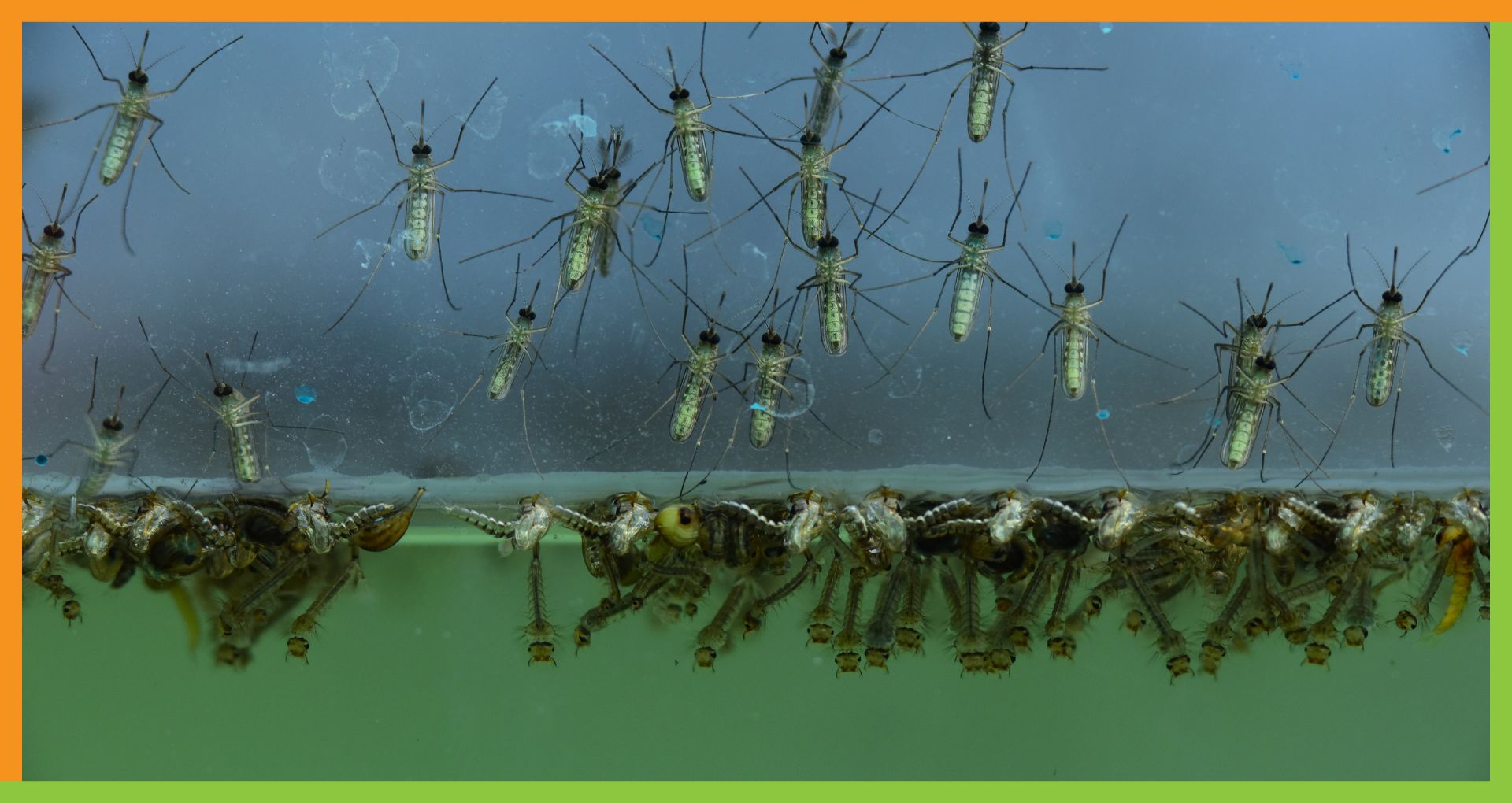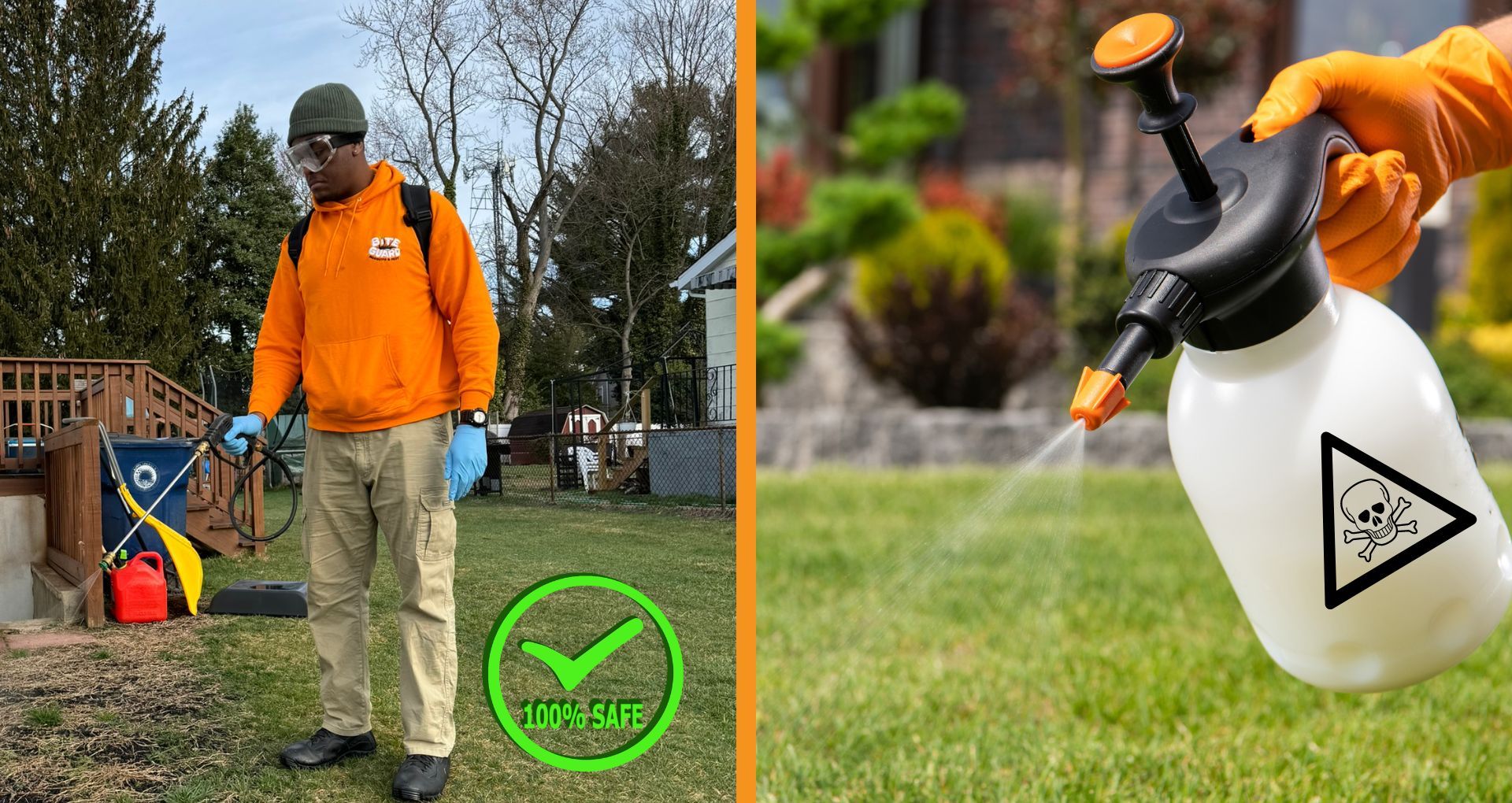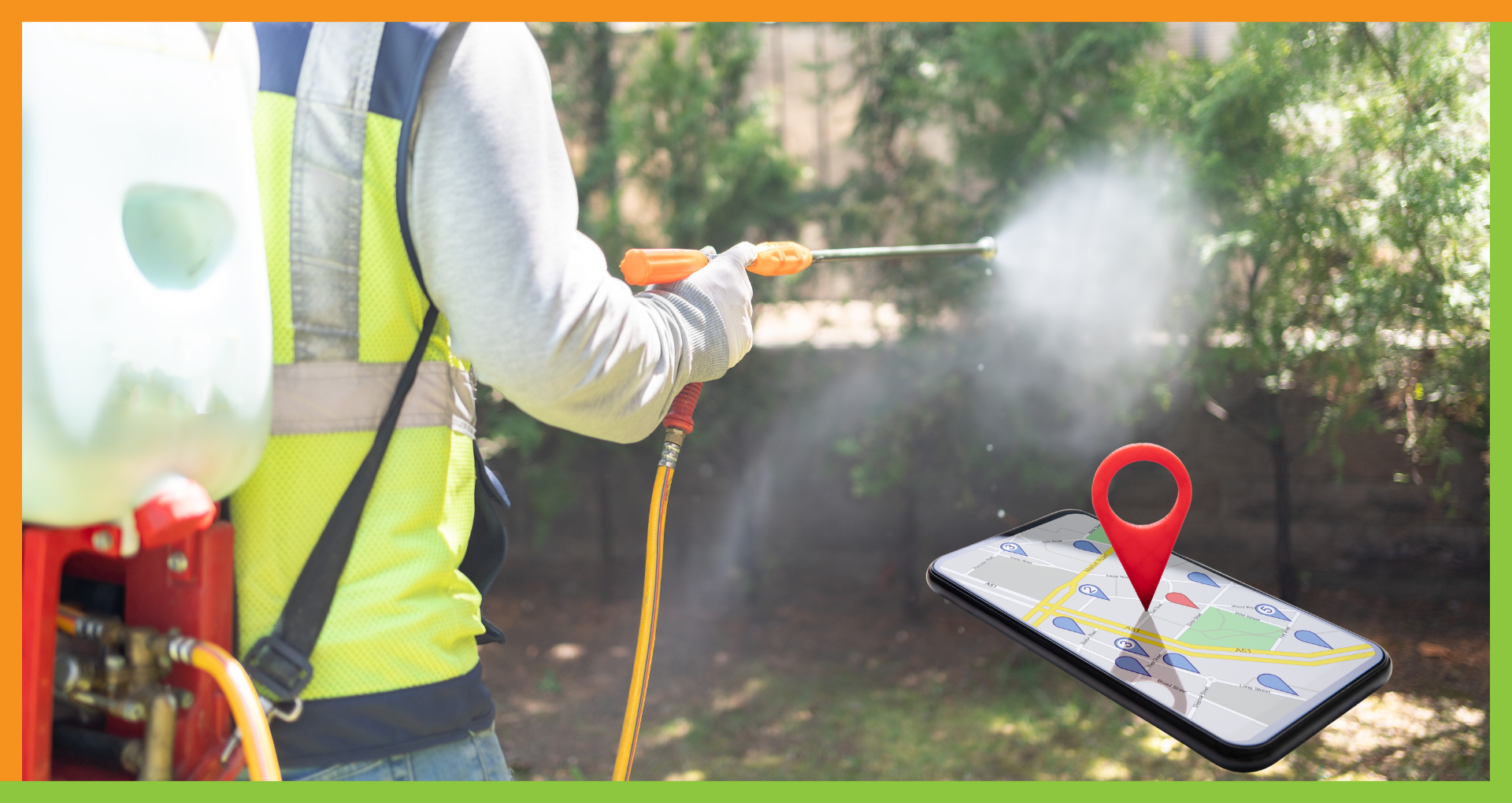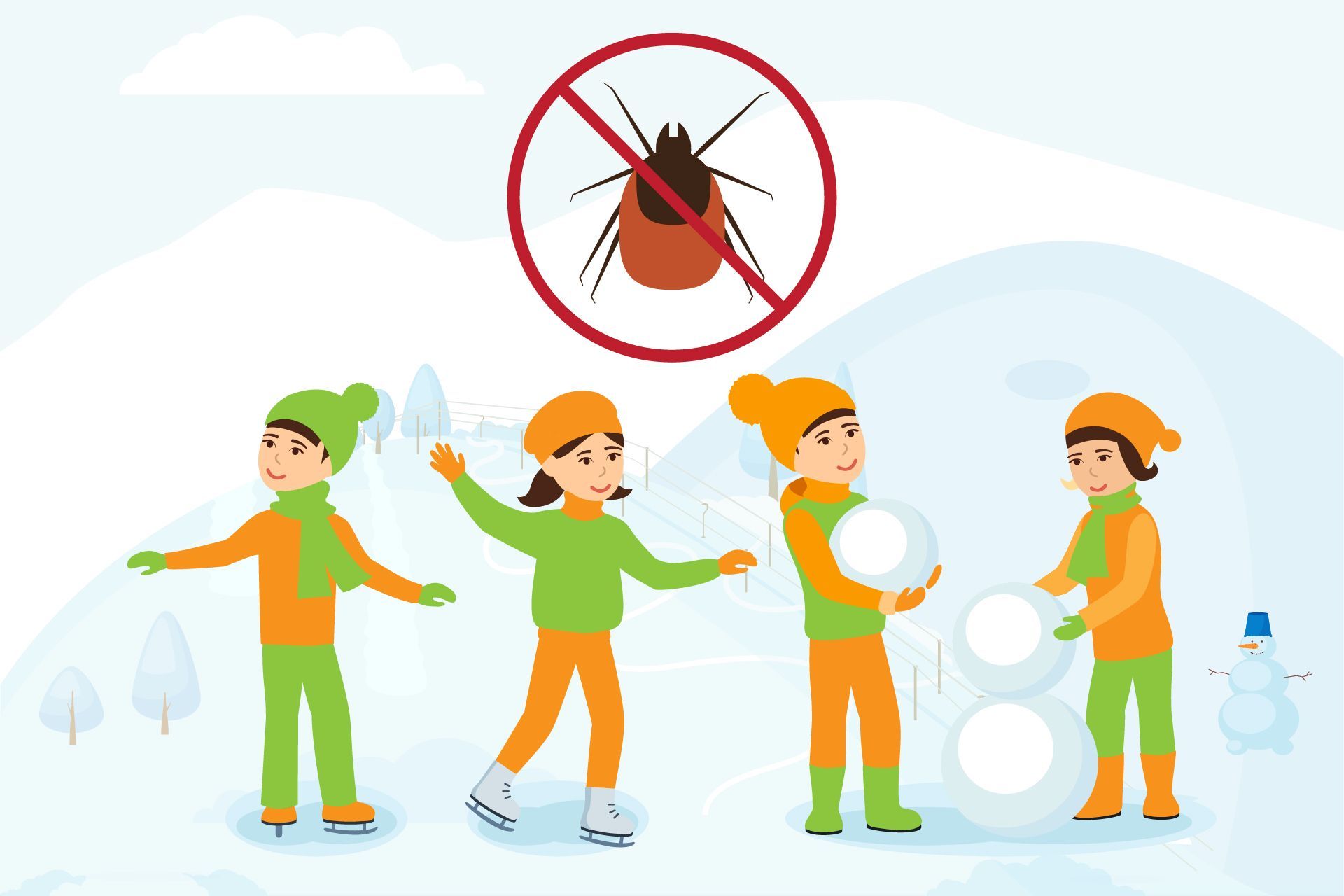5 Tips for Safely Controlling Mosquito and Tick Populations in Your Yard This Spring
Do mosquitoes and ticks drain the fun out of spring and summer for you? You aren’t alone… We wait all winter for a chance to spend more time outdoors and soak up the sunshine, but these two pests in particular really take the wind out of your sails. And more than just being a nuisance, both can carry serious diseases.
So, what can you do?
It’s all about being proactive. Safely controlling ticks and mosquitoes is possible, but you have to be smart about it and know how to cut down the population at its source. Ready for a few practical tips?
1. Remove standing water
Mosquitoes need standing water to breed, so it's important to eliminate anything they can convert into a nursery. This includes things like bird baths, pet bowls, and even clogged gutters (fall isn’t the only season for gutter cleaning, unfortunately). Regularly emptying and cleaning these items can help prevent mosquitoes from laying their eggs and multiplying, having a significant impact on how many you see in your yard.
2. Keep your lawn and shrubs trimmed
Tall grass and overgrown shrubs provide hiding places for ticks, so it's important to keep your lawn and bushes trimmed. This can also help improve air circulation in your yard, in turn making it less attractive to mosquitoes (bonus, right?). Keep in mind too that leaf litter is another favorite tick habitat, so it might be time to finally eliminate that brush pile or the leaves that are leftover from fall along the treeline.
3. Use natural insect repellents
Chemical insecticides can be effective, but they can also harm beneficial insects and wildlife. Instead, try using natural insect repellents like citronella candles, essential oils, and bug zappers. These methods can help repel mosquitoes and ticks without harming other creatures in your yard. If you do hire a professional pest control company, ask what kind of product they use and why, ensuring that beneficial species aren’t harmed as collateral damage. Here at Bites Back, for example, we avoid harsh chemicals that are risky to use, opting instead for a natural, effective treatment that targets pests while protecting the delicate ecosystem in your backyard.
4. Install screens on windows and doors
Sometimes the simplest prevention is the best prevention! Mosquitoes and ticks can easily enter your home through open windows and doors. Make sure your screens are in place and in good condition this spring, and inspect them closely for little holes and gaps that might need to be repaired.
5. Hire a professional pest control company
These do-it-yourself techniques are a good supplement, but there’s no replacement for professional help with controlling mosquito and tick populations in your yard. Find a trustworthy pest control company that uses products you feel comfortable with, then sign up for a routine treatment plan. You’ll be amazed by what a difference it makes.
FAQ
Q: Are chemical insecticides safe to use in my yard?
A: Chemical insecticides can be effective, but they can also harm beneficial insects and wildlife. It's important to use these products sparingly and in accordance with the instructions on the label. If you're concerned about the safety of chemical insecticides, consider using natural insect repellents instead.
Q: How can I tell if I have a tick infestation in my yard?
A: Check yourself and your pets regularly for ticks, especially after spending time outside. If you notice an unusual amount of ticks in your yard, it's a good idea to call in a professional pest control company.
Q: Are there any plants that can repel mosquitoes and ticks?
A: Yes, some plants like lavender, peppermint, and lemon balm can help repel mosquitoes and ticks. Planting these in your yard can be a natural and attractive way to deter pests.
Q: How often should I clean my bird bath to prevent mosquito breeding?
A: It's a good idea to clean your bird bath at least once a week to prevent mosquito breeding. Dump out the old water and scrub the basin with a stiff brush to remove any mosquito eggs or larvae.
Q: Can ticks and mosquitoes transmit diseases to humans?
A: Yes, ticks and mosquitoes can carry diseases like Lyme disease, West Nile virus, and more. It's important to take steps to control these pests in your yard and protect yourself from bites.
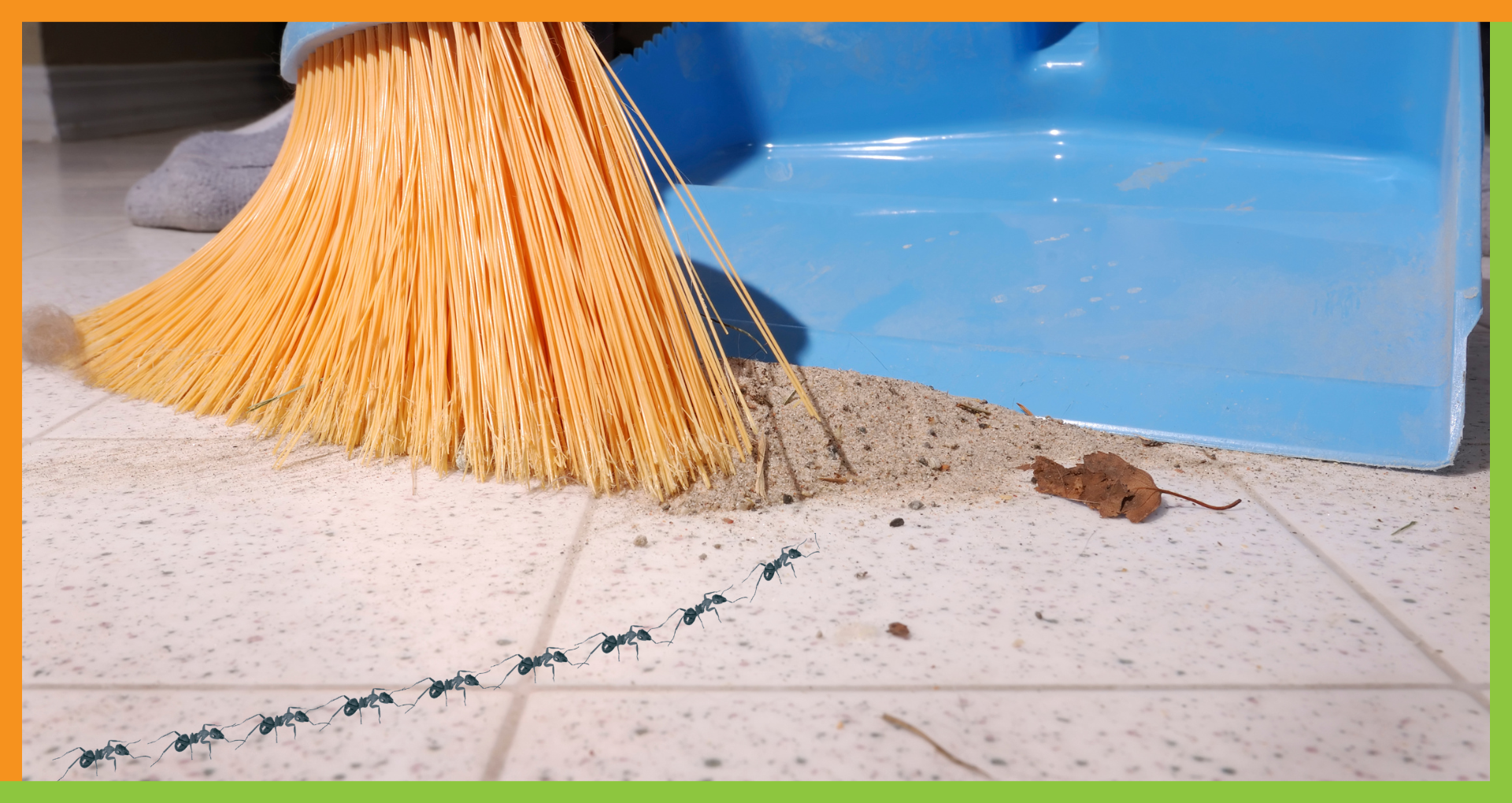
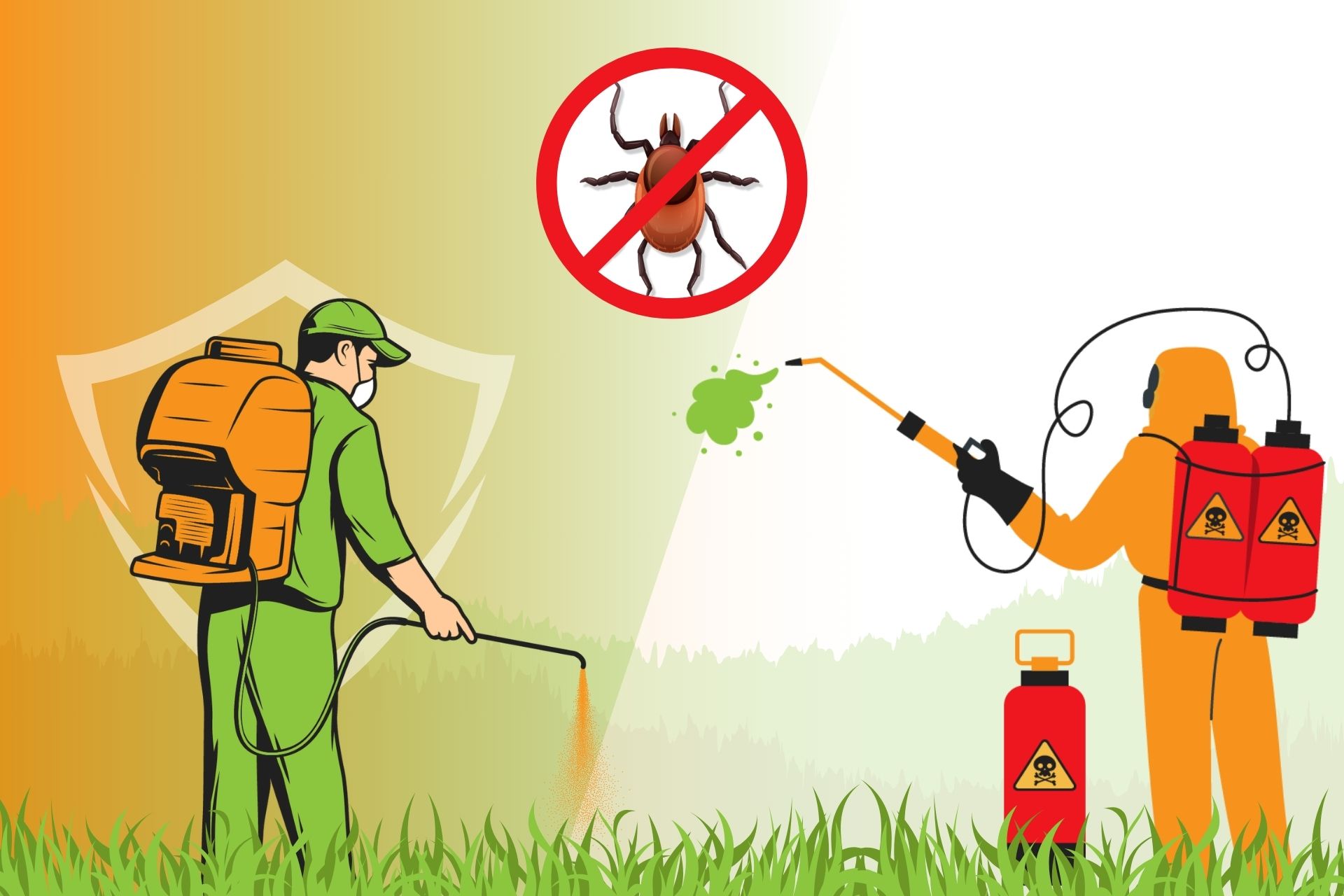
626 Park Road, #5
Cherry Hill, NJ 08034
130 Hickman Road, Ste 11
Claymont, DE 19703
1-833-924-7378
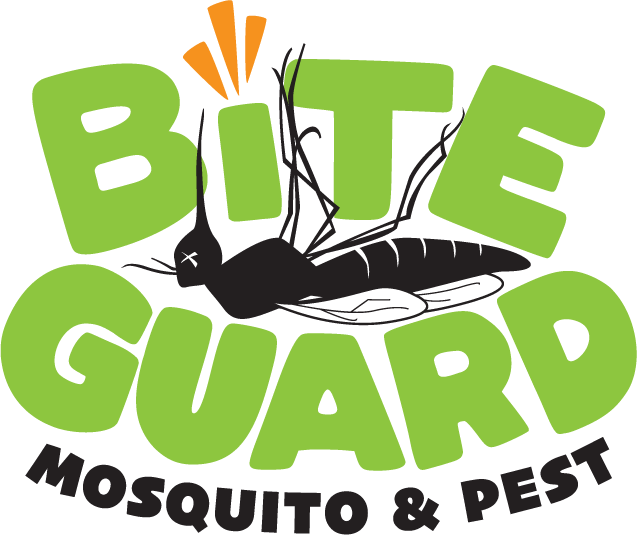
626 Park Road, #5
Cherry Hill, NJ 08034
130 Hickman Road, Ste 11
Claymont, DE 19703
1-833-9-BGPEST
1-833-924-7378
All Rights Reserved | Bite Guard Mosquito & Pest
